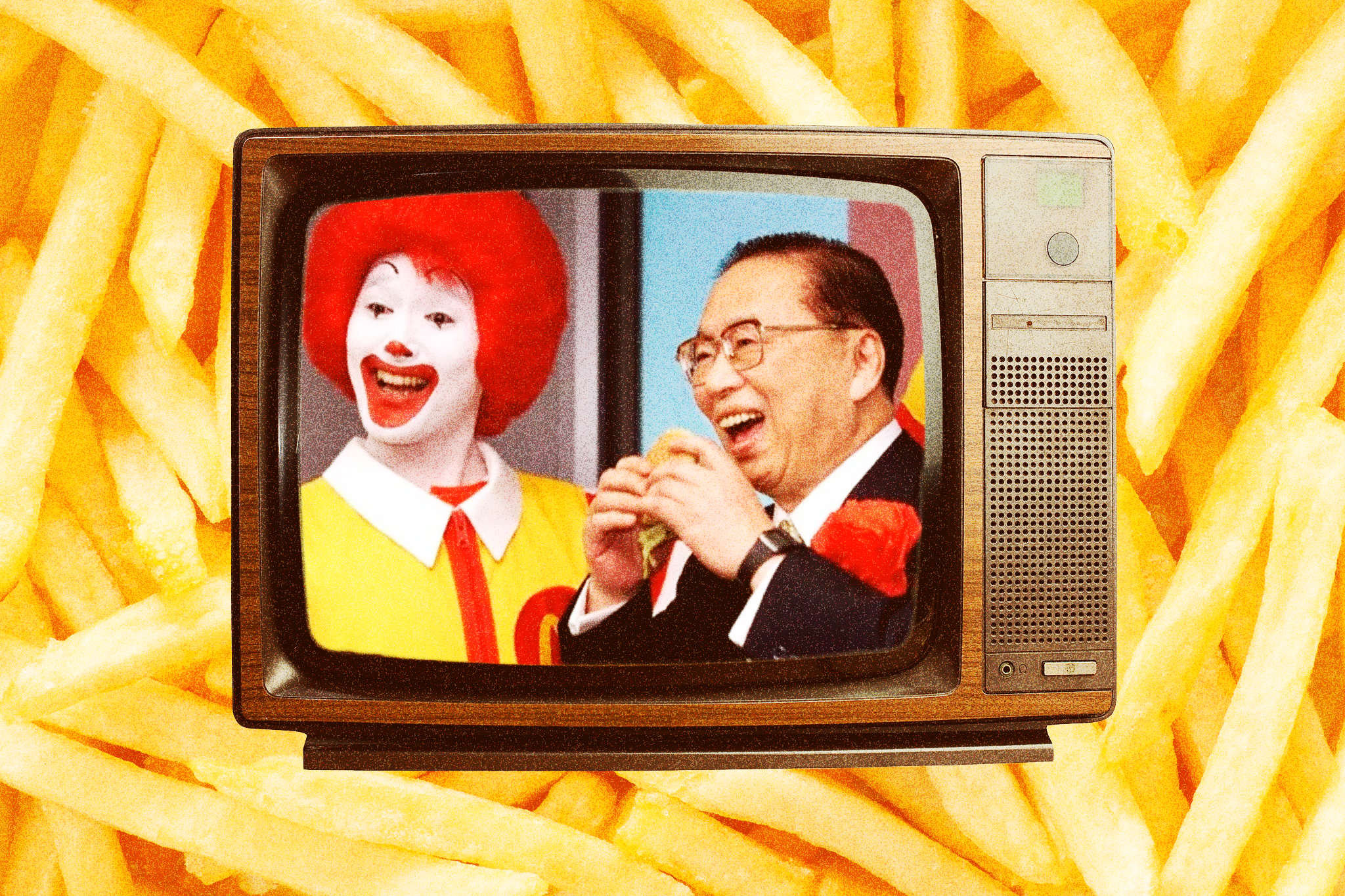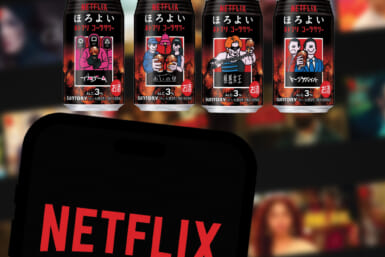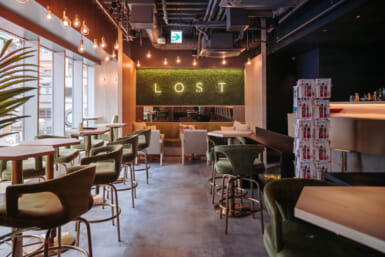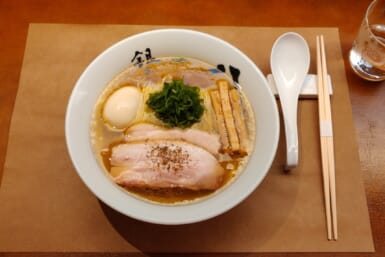Masayoshi Son was obsessed. As a teenager, he read a book by the man who brought McDonald’s to Japan and felt he had to somehow meet him. The founder of SoftBank and the third-richest person in Japan was an aspiring entrepreneur at the time and called the man’s office to arrange a meeting. Following more than 60 rejections over the phone, he decided to fly to Tokyo. Showing up at his office, the then-16-year-old asked for just three minutes of his time. He didn’t have to speak or stop what he was doing; Son just wanted to see him work. In the end, they had a 15-minute chat about focusing on the computer industry. It was a brief encounter that would change Son’s life. The man he spoke to was Den Fujita.
Known as the original American-style business tycoon in postwar Japan, Fujita later served on the board of SoftBank. He also founded Fujita & Co. and was instrumental in bringing Toys R Us to this country, though it’s his association with McDonald’s for which he is best known. The fast-food giant launched here in 1971, with the first restaurant opening in Ginza in July of that year. The famous Golden Arches soon began appearing up and down the land, and by 1976, there were 100 Japanese stores. The man mainly responsible for that was Den Fujita. On the 20th anniversary of his death, we’re looking back at his life and career for the latest in our Spotlight series.
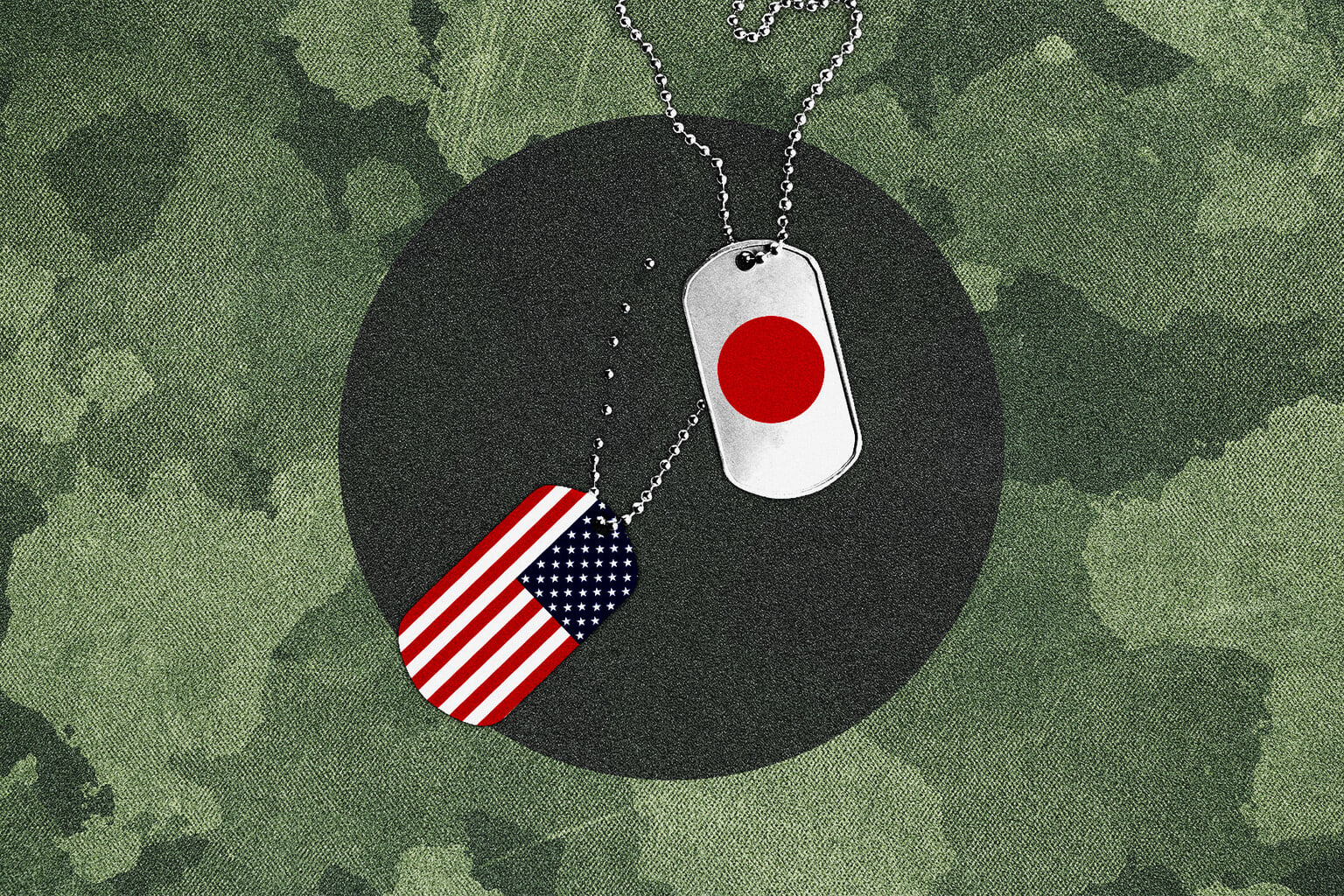
Den Fujita’s Background
Born in Osaka in 1926, Fujita had a relatively privileged upbringing. His mother was Christian and his father, an electrical engineer for a British firm, was an outspoken critic of the war who was regularly being tracked by the military police. In what was an indisputably conformist society, he encouraged his son to “speak out.” These words would have a big impact on the young Fujita, who later became known for his candid views. The death of his father, and his two sisters, all killed following American bombing raids during World War II, hit the then-teenager hard. One-third of Osaka was destroyed, including his family home.
His mother survived the war and, after the fighting had finished, built a Methodist church, something her congregation had never had before. “If a woman could do this, I felt that with a strong will, I could do anything,” said Fujita. After graduating from the prestigious Matsue High School, he studied in the law department at the University of Tokyo, during which time he answered a newspaper advertisement to work as a part-time interpreter at General MacArthur’s headquarters. His father’s previous insistence that he work hard on his English, as there was “no chance” of Japan winning the war, came in handy. As well as interpreting, he also sold wares to some of the soldiers.
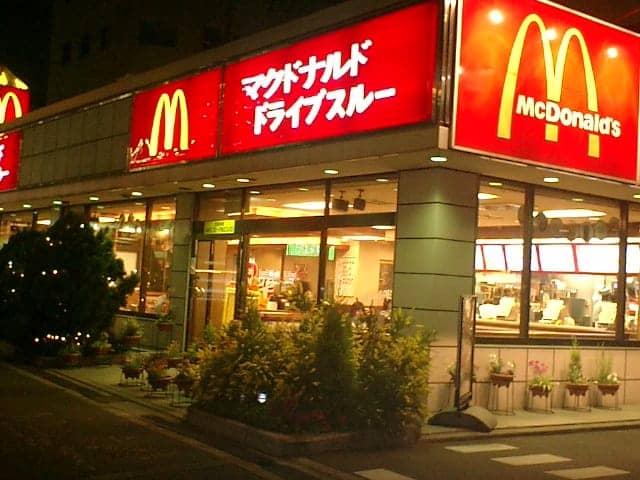
From High-End Fashion to Big Macs
After passing a government exam, Fujita received a letter inviting him to work at the Ministry of Finance. He turned it down, as he intended to start his own business. Feeling that Japan was “lagging far behind Western countries, both culturally and materially,” Fujita opened a shop selling imported sundry goods in 1950, while he was still a student. That was the beginning of Fujita & Co. Expanding into the direct import and wholesale of luxury items such as Longchamp and Christian Dior handbags, the business prospered. Imports were restricted at the time, so there was little competition and, therefore, a strong demand for the company’s products. In 1971, Fujita & Co. branched out into the fast-food industry.
Fujita ate his first McDonald’s meal in 1967 and was immediately impressed by how efficient and popular the business was. Three years later, Steven Barnes, the chairman of McDonald’s International, traveled to Tokyo to find a Japanese partner for the company. He spoke with several major trading firms but was most impressed with Fujita due to his “open-mindedness and 100% commitment” to the cause. The Osaka-born entrepreneur agreed to take on the role on the proviso that it would be a 50-50 venture and that he could bring in a Japanese president. The original idea was to copy America’s concept of drive-thru restaurants in suburban locations. While Fujita wasn’t particularly keen on the idea, he went along with it. Japan’s first McDonald’s was set for the suburbs of Chigasaki in July 1971.
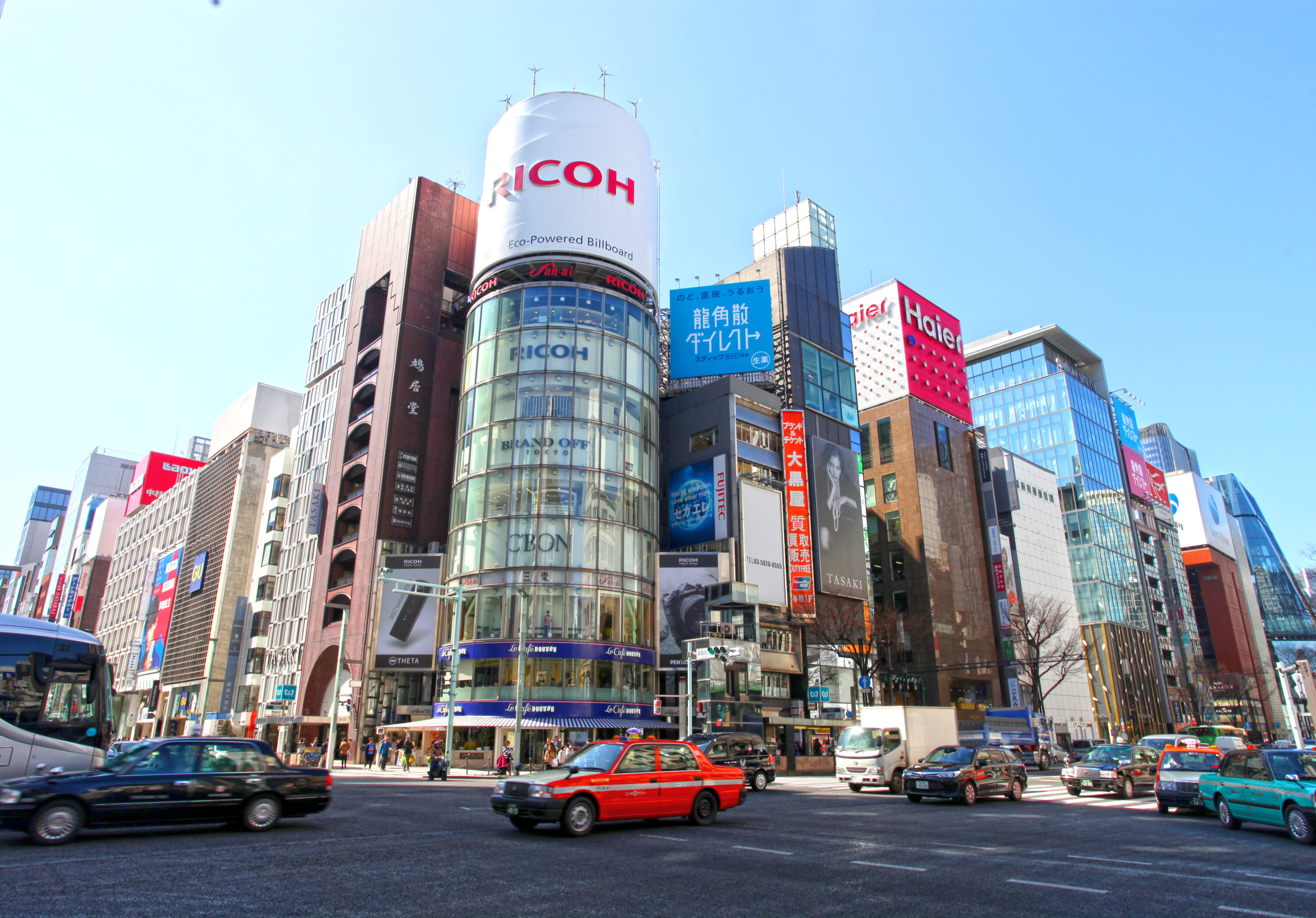
A Frantic Start
McDonald’s CEO Ray Kroc arrived in Japan on July 18, expecting to see the Chigasaki outlet open a couple of days later. However, a planning permission issue put paid to that idea, so Fujita instead decided to open the country’s first McDonald’s in Ginza’s Mitsukoshi department store. This had been what he’d hoped for from the beginning. “Foreign cultures and customs don’t become popular unless they take root in the center of a country. In Japan, it’s Ginza,” he would later say. His construction team had just 39 hours — from 6 p.m. on Sunday to 9 a.m. on Tuesday (Mitsukoshi was closed on Monday) — to build the shop from scratch. Working frantically, they completed it with three hours to spare.
Referred to as Makudonarudo, the 500-square-foot shop launched in Tokyo on July 20, 1971. It proved an instant hit. Within a month, the store broke the international daily sales record despite leaflets being its only form of advertising (TV and radio commercials were eventually introduced in 1973). There was a buzz around the place and several shoppers could be seen strolling through Ginza with a burger in one hand and a drink in the other. The business gradually expanded, and by 1982, it was the number-one restaurant chain in the country. A few years later, some Japanese favorites were added to the menu, including the famous Teriyaki McBurger (1989) and the seasonal Tsukimi (moon-viewing) Burger (1991).
A Charismatic Yet Controversial Leader
Along with his business successes, Fujita was also known for his outlandish statements. “The Japanese are very hard-working, but very weak, very small and our faces are very pale. I thought we had to strengthen ourselves. That’s when I thought of beef,” he once said. He also once commented, “In business, the only justice is winning. There is neither clean money nor dirty money. In a capitalist society, all methods of making money are acceptable.” Fujita was obsessed with money, and this was reflected in some of his books, including Stupid People Lose Money and Using Super-Commonsense in Your Money-Making Strategies.
His books, like his business ventures, were very successful, but they weren’t without controversy. The first one he penned in 1972 was titled The Jewish Way of Doing Business, and it sold over 1 million copies. “The Japanese,” he wrote, “must abandon their shyness and self-restraint and learn from the Jews how to be shrewd and unscrupulous.” He later released another book titled How to Blow the Rich Man’s Bugle Like the Jews Do and told The New York Times that businesspeople from Osaka “are craftier than those from Tokyo because Jews settled in Osaka about 1,000 years ago.” McDonald’s Corp. later apologized to the Anti-Defamation League on Fujita’s behalf for his “stereotypical references” about Jewish people.
Den Fujita’s Death and Legacy
Fujita, though, insisted that his views were not insulting and dismissed any accusations of antisemitism. “Please don’t misunderstand me,” he said. “I am trying to do something good for Jewish people. Most Jewish people speak two or three different languages. They’re good at mathematics. The Japanese should learn from that.” These controversies did little damage to the entrepreneur’s reputation in his native homeland, where he was seen as a business superstar. He was also well known globally and even appeared as a guest on Late Night with David Letterman in 1985. A year later, he received the Blue Ribbon Award for business achievement from Emperor Hirohito.
In 2002, McDonald’s Japan suffered its first annual loss in almost three decades and Fujita stepped down as chairman and CEO the following year. A few months later, on April 21, 2004, he died of heart failure, aged 78, two days after the death of Jim Cantalupo, the then-CEO of McDonald’s. Twenty years on from his passing, Fujita is still revered as one of the most enterprising and innovative leaders in Japanese history. In 1950, he could have gone down the more orthodox route of working for the Ministry of Finance. Instead, he decided to go it alone, and entrepreneurs like Son, as well as fans of the burger in Japan, are thankful that he did.

